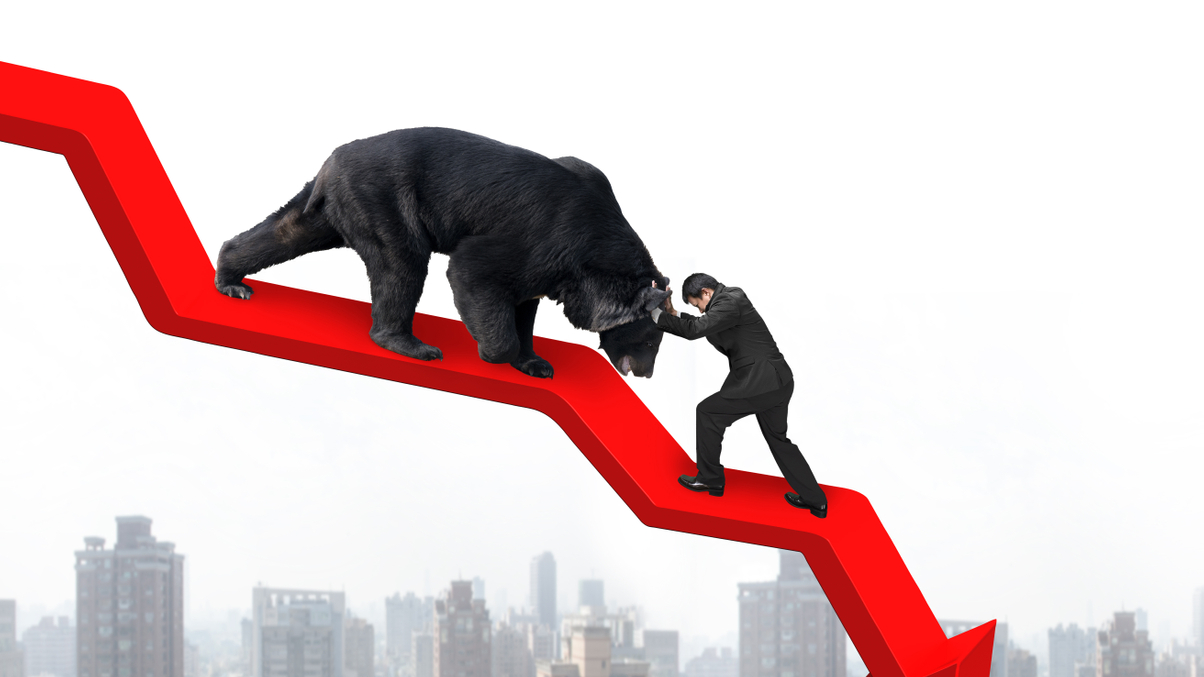Instos bracing for a stock market correction
A July survey of 177 institutional investors by Preqin showed an overwhelming majority believe equity markets are at a peak and could see a big correction soon.

An overwhelming majority of institutional investors believe that stock markets have peaked and fear a big correction is around the corner, according to according to a new survey by alternative assets information provider Preqin.
Sign in to read on!
Registered users get 2 free articles in 30 days.
Subscribers have full unlimited access to AsianInvestor
Not signed up? New users get 2 free articles per month, plus a 7-day unlimited free trial.
¬ Haymarket Media Limited. All rights reserved.


